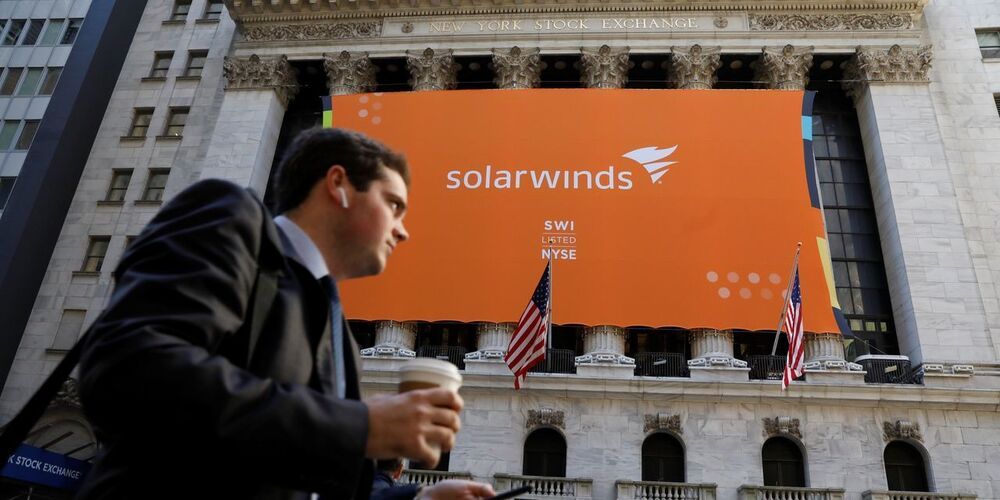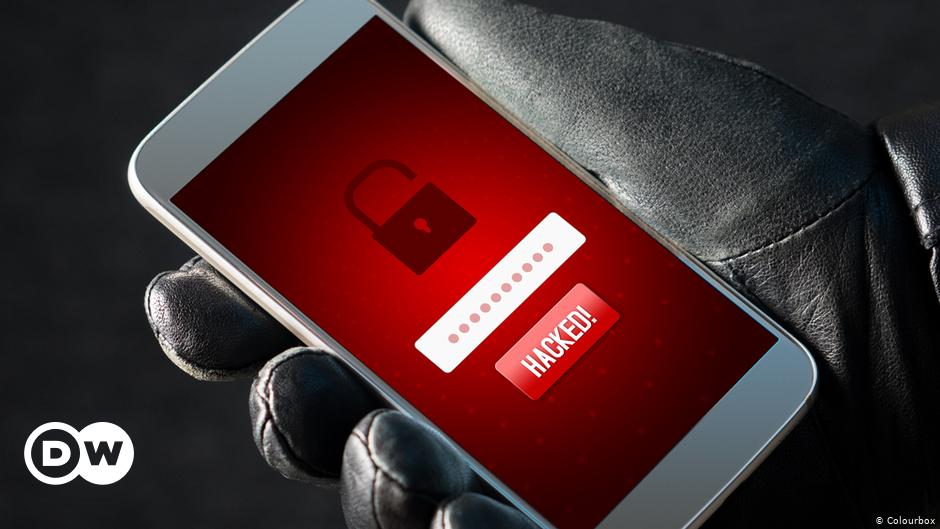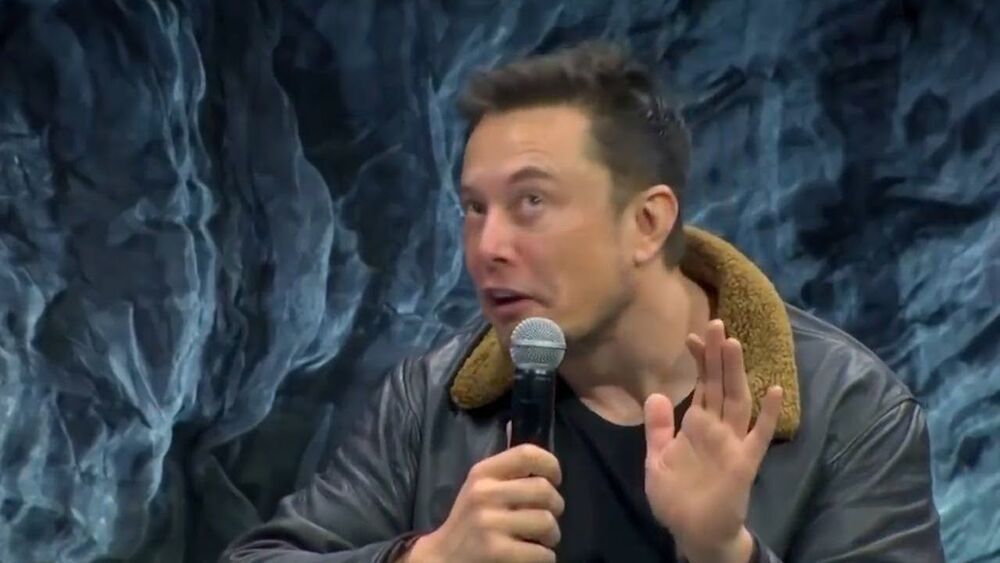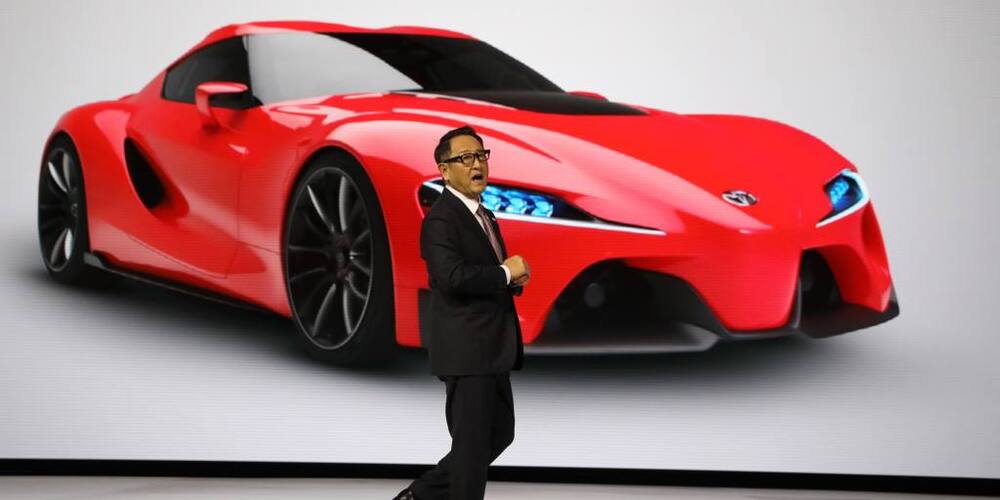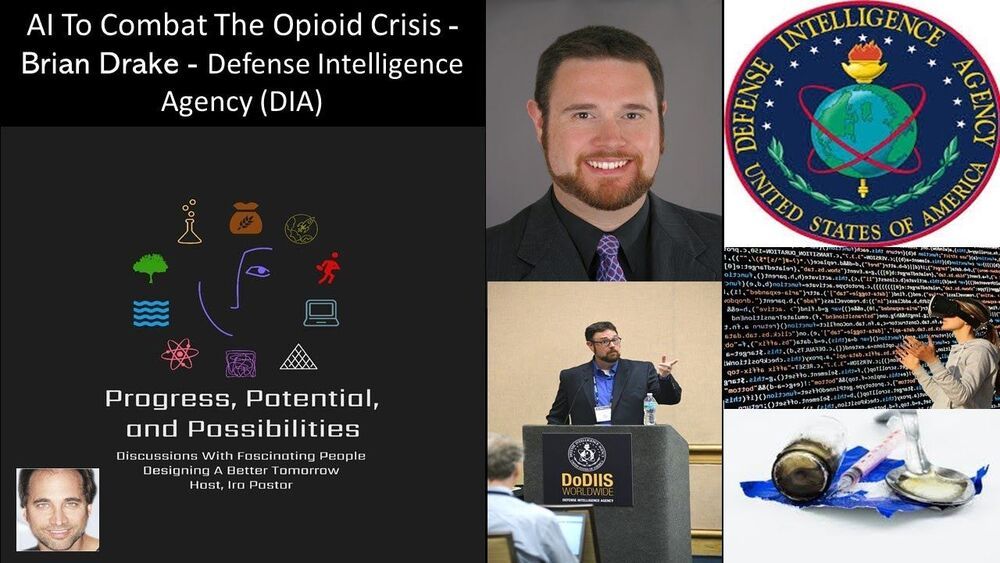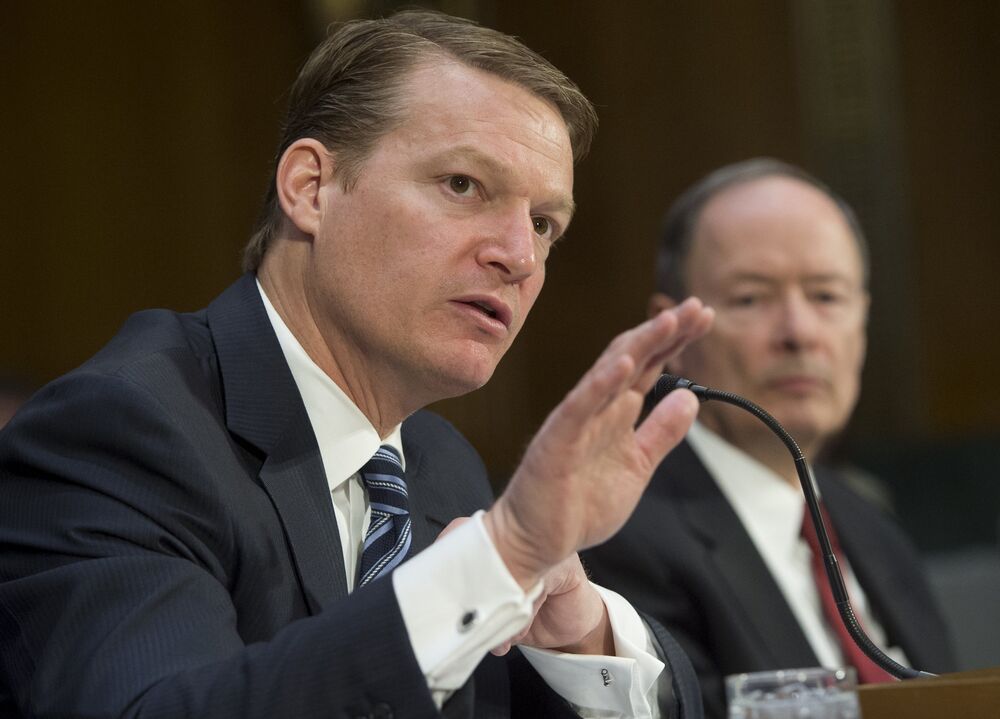The widespread and monthslong hack of the U.S. government and some of America’s biggest corporations was enabled by an unlikely source: a little-known Austin, Texas, software company called SolarWinds Corp. that until this week was a household name only to computer network administrators.
Security investigators say the company that boasts more than 400 of the Fortune 500 corporations and many government agencies as clients provided the perfect delivery mechanism for a carefully executed intrusion attributed to Russia’s foreign-intelligence service.
SolarWinds provides the tools many companies use to manage their computer networks. That’s what made the hack of U.S. government agencies and some of America’s biggest corporations so pernicious.
